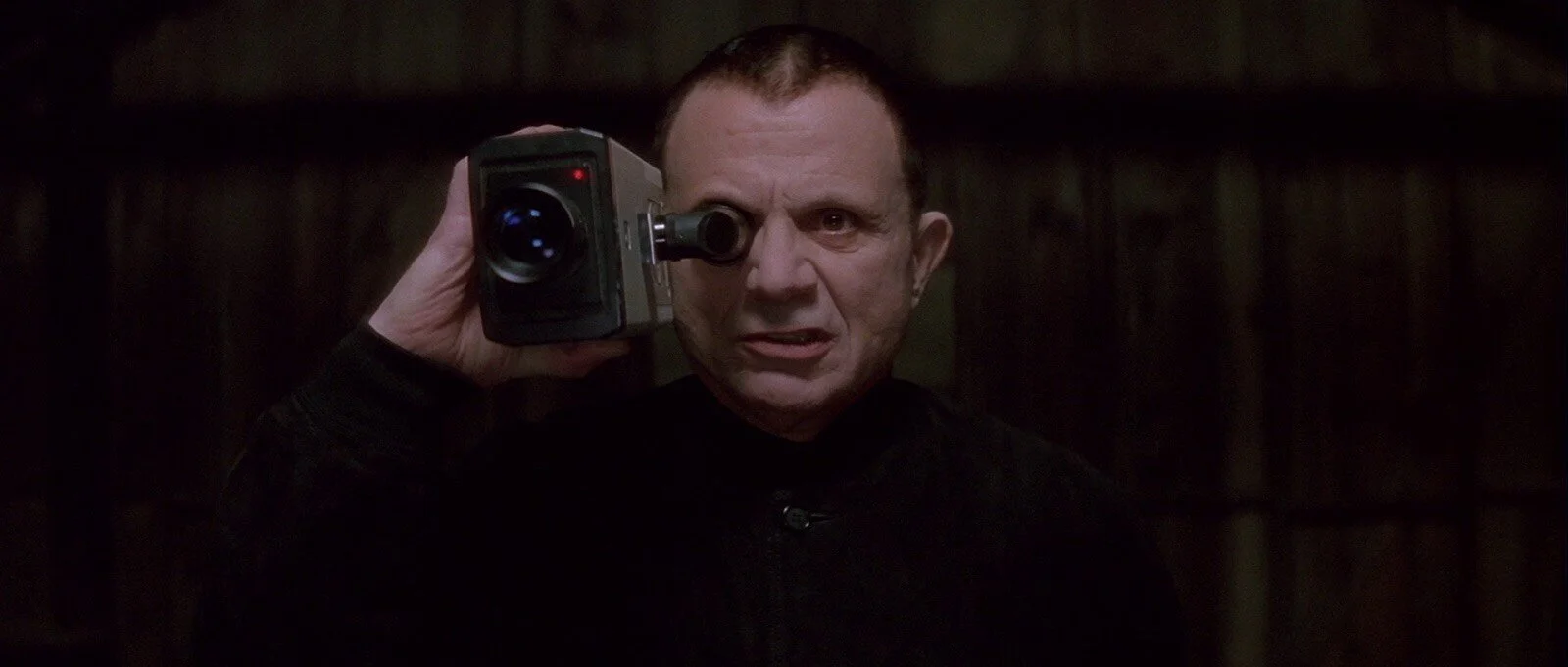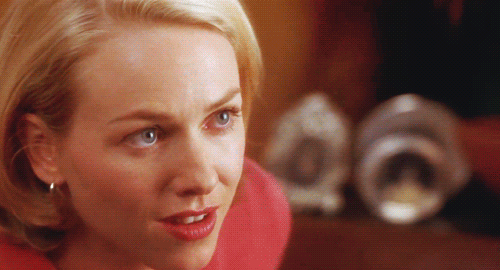David Lynch
It’s understandable why so many audience members and movie critics reacted negatively towards David Lynch’s Lost Highway, back in 1997. The experimental nature of the film and dark subject matter lead many to believe it was simply a glorification of style with disregard for the audience’s engagement. In hindsight, it is one of Lynch’s most fearless works and the first film in his trilogy of movies (which include Mulholland Dr. and Inland Empire) about crime and murder in Los Angeles.
Fred Madison is a saxophonist who begins to suspect his wife Renee might be living a double life, when an anonymous videotape is found at their doorstep. In the videotape, along with the rest of the videotapes which continue to appear, are secret recordings of the house and of the couple, as they sleep. The story seems to be moving towards a certain direction when, bizarrely, the film appears to abandon that plot halfway-through. Soon, a new story branches out from the first.
The character of Fred is taken over by another younger actor and Fred soon becomes the character of Pete. Pete is a young man in his twenties whose mechanic job gets him mixed up with a mob boss. One day, the beautiful wife of the mob boss drops off her car for work and Pete becomes completely infatuated with her. Alice, the mobster’s wife, is played by the same actress who played Renee except where Renee was a Betty Paige-inspired brunette, Alice is an icy blonde. Together, Pete and Alice begin a dangerous affair that can only end in tragedy.
Lost Highway is an interesting spin on the noir genre. You have your dead bodies, detectives, femme fatales and a morally ambiguous male character. Interestingly, it also blends strong surrealist ideas and techniques, notably from the work of Luis Buñuel. The idea of having two actors play the same role without any explanation, was first executed by Buñuel in his 1977 film “The Obscure Object of Desire”. But while Buñuel made this choice to comically toy with his audience, Lynch uses this idea to explore the subjective memory and fantasy within the main character’s mind. Noir films usually culminated in the solving of a murder or the catching of a criminal but Lynch takes the genre and pushes its boundaries by making the entire movie the mystery and the viewer, a detective.
On various interviews and in one of his books, David Lynch stated that the O.J. Simpson trial was a major inspiration for Lost Highway. Certain that Simpson was guilty, Lynch was fascinated by the way in which Simpson went on with his life as if nothing had occurred. That lead to Lynch and writer Barry Gifford coming across the psychological concept of “psychogenic fugue” where a person temporarily disassociates from their own identity (usually after an extreme traumatic experience) and sometimes develops another identity as a form of coping mechanism.
It is safe to conclude that Lost Highway is, in essence, a look into the mental struggles of a murderer. One half of the film are the memories Fred chooses to remember but his guilty conscience continues to haunt those redacted memories. The second half of the film is the alternative identity Fred uses to cope with his guilt. Pete represents a clean slate. He’s young, and unlike Fred, Pete isn’t trapped in a love-less marriage. But just like his guilty conscience haunts his memories, the image of his dead wife returns in the form of another love interest. Clearly a nod to Kim Novak’s character in Alfred Hitchcock’s “Vertigo”.
The work of David Lynch has been know for its dark and surreal style but in his best films, Lynch’s style serves a narrative purpose. In Lost Highway, Mulholland Dr. and Inland Empire, Lynch redefines cinematic storytelling and takes us on a journey into the troubled souls of his characters. After a long career in filmmaking, Lynch chooses to portray Los Angeles and Hollywood not as a place where dreams come true but a seductive illusion put on by fallen angels.
Lost Highway
director DAVID LYNCH
year 1997
director of photography PETER DEMING
cast BILL PULLMAN, PATRICIA ARQUETTE, BALTHAZAR GETTY, ROBERT BLAKE and GARY BUSEY
words HECTOR ORTIZ
What to read next







